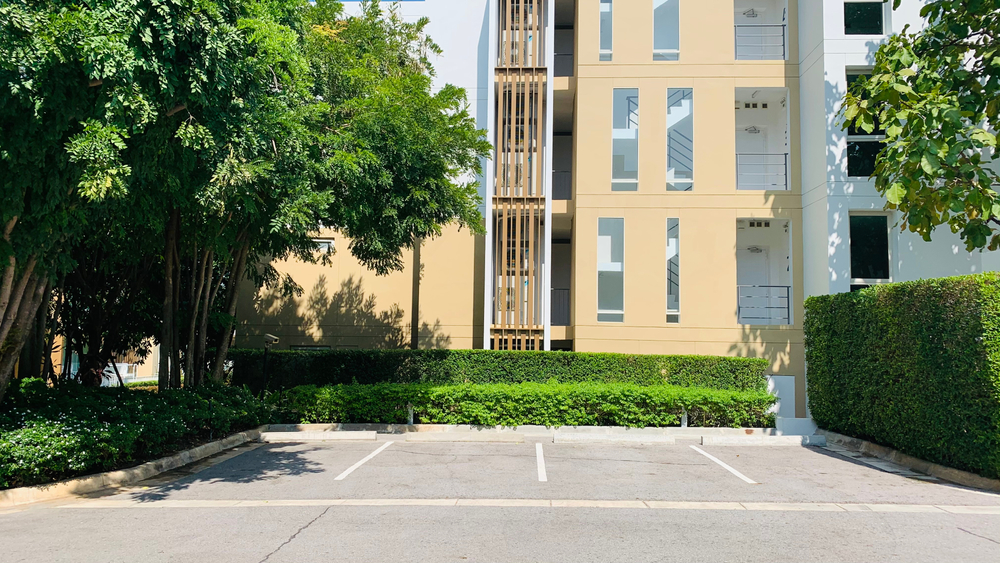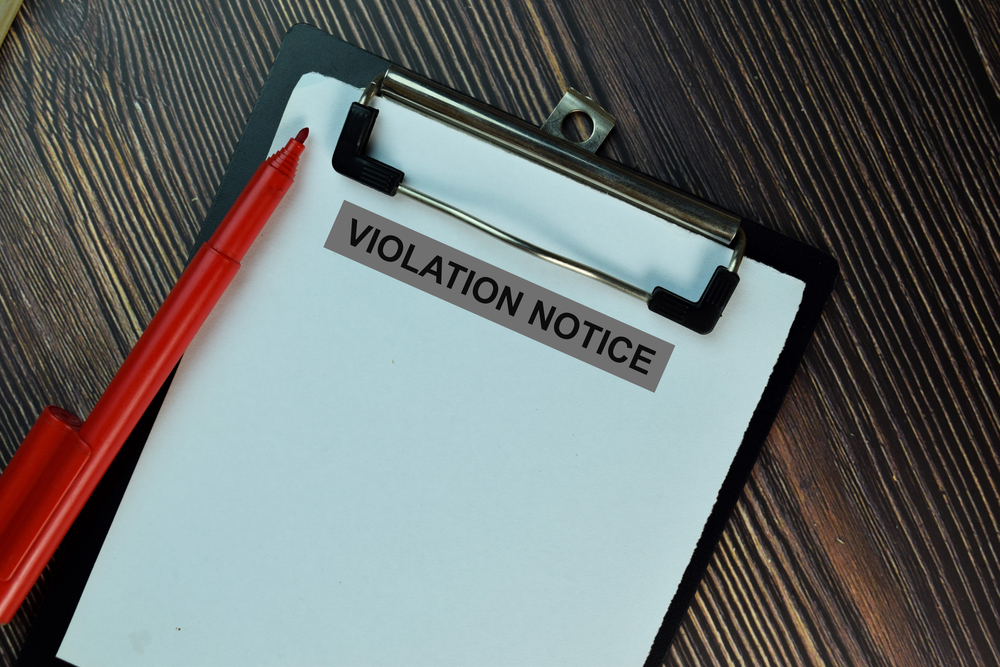
Homeowners associations (HOAs) play a pivotal role in shaping the quality of life in planned communities, condominiums, and cooperatives. With over 74 million Americans living in communities governed by HOAs, the legal responsibilities carried by these associations—and particularly their boards—should not be underestimated. For board members, understanding and upholding legal obligations is essential not only for avoiding litigation but also for building trust and ensuring consistent, fair governance.
When you buy a home in an HOA-governed community, you automatically become a member of the association. This nonprofit corporation is typically managed by an elected board of volunteer homeowners responsible for upholding the rules, maintaining common areas, and managing the association’s finances.
HOAs commonly oversee amenities like pools, sidewalks, clubhouses, and landscaping. They enforce rules that help maintain uniformity and protect property values. These rules are outlined in the community’s governing documents, such as the Declaration of Covenants, Conditions, and Restrictions (CC&Rs), bylaws, and articles of incorporation.
To enforce rules, HOAs can issue violation notices and impose fines. While enforcement powers vary by state, HOAs must adhere to their governing documents and relevant laws when taking action.
Board members are fiduciaries, meaning they have a legal duty to act in the best interests of the association and its members. This fiduciary duty entails three core obligations: the duty of care, the duty of loyalty, and the duty to act within the board’s legal authority.
1. Duty of Care
The duty of care requires board members to act with diligence and informed judgment. This includes:
For example, before making a decision about roof replacements, the board should consult the reserve study, solicit competitive bids, and consult contractors with proper credentials.
2. Duty of Loyalty
This duty means prioritizing the interests of the association over personal gain. Conflicts of interest must be avoided or disclosed. Board members should never use their position to benefit themselves, friends, or family members.
An example of a breach would be voting to hire a relative’s business for HOA services without a transparent bidding process. In such cases, the board member must recuse themselves to maintain integrity.
3. Duty to Act Within Authority
Every board must operate within the scope of authority defined in its governing documents and applicable state law. This includes:
Failing to follow these procedures not only undermines transparency but could result in legal consequences.
While fiduciary duties are foundational, board members also carry out a variety of operational and legal responsibilities, including:
Some states have specific statutes governing HOA operations, such as mandatory reserve studies, audit requirements, or open meeting laws. It’s critical for boards to be familiar with their state’s unique legal landscape.
Boards that fail to meet their legal obligations risk exposing the association—and themselves—to legal liability. Common consequences include:
Civil Lawsuits: Homeowners may file legal complaints against the board or the association for issues such as discrimination, arbitrary rule enforcement, financial mismanagement, or lack of transparency.
Regulatory Investigations: State or local agencies may investigate an HOA for failing to comply with laws, such as improper notice of meetings or violations of nonprofit statutes.
Criminal Charges: In extreme cases, board members who commit fraud or embezzlement may face criminal charges and personal liability.
Loss of Community Trust: Beyond legal consequences, a board that operates without transparency, fairness, or accountability may quickly lose the trust of residents—leading to dysfunction, division, and high turnover.
To avoid these pitfalls and maintain legal compliance, board members should adopt the following best practices:
Conclusion
HOA board members hold positions of trust that carry significant legal obligations. Fulfilling those responsibilities means more than enforcing rules—it requires thoughtful leadership, transparent governance, and a commitment to acting in the best interest of the entire community.
For communities seeking support in managing legal compliance and day-to-day operations, a trusted partner can make all the difference. Gordon James Realty offers expert HOA management services, helping boards navigate their responsibilities with professionalism and confidence. Learn more about our HOA management services and get in touch with our team to discuss how we can support your community.

Learn how to craft and enforce HOA parking rules, resolve disputes, and ensure compliance with fair, legally sound enforcement strategies.

Learn how to respond to HOA violation notices, understand your rights, and resolve disputes through hearings, appeals, or mediation.
We're proud to make partnering with us easy. Contact our team to connect with one of our industry experts and get started today.